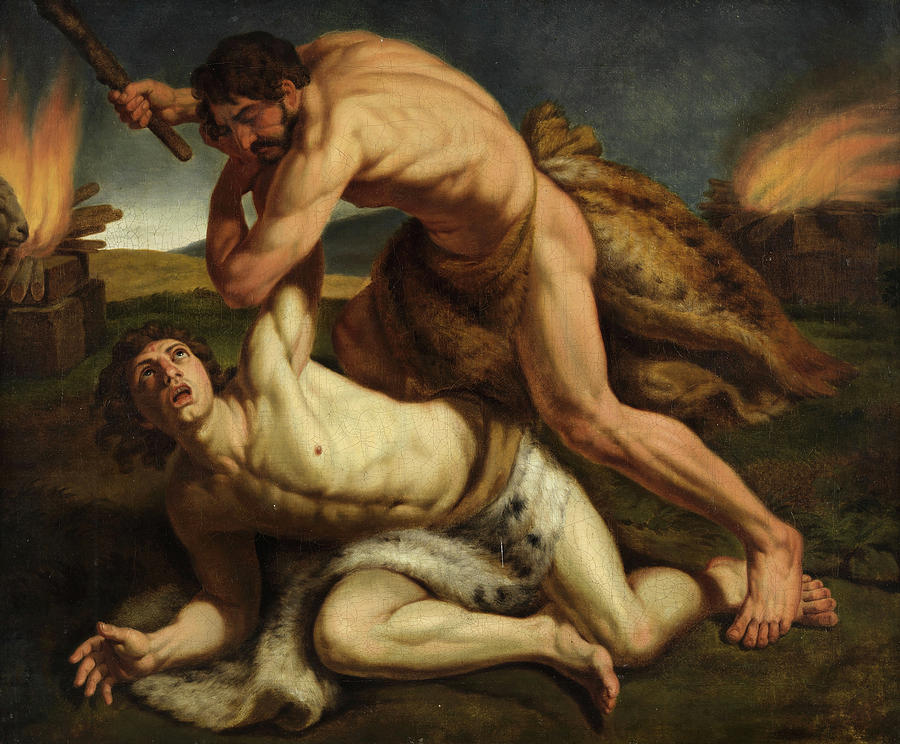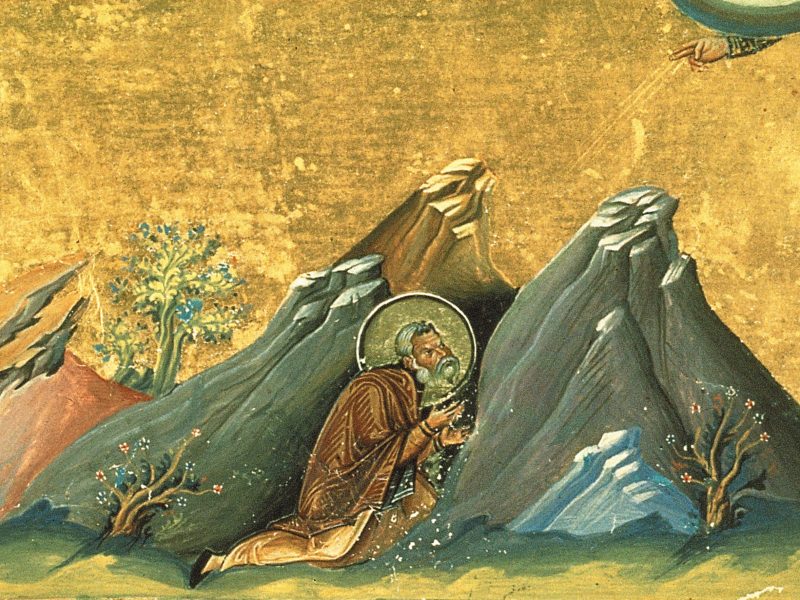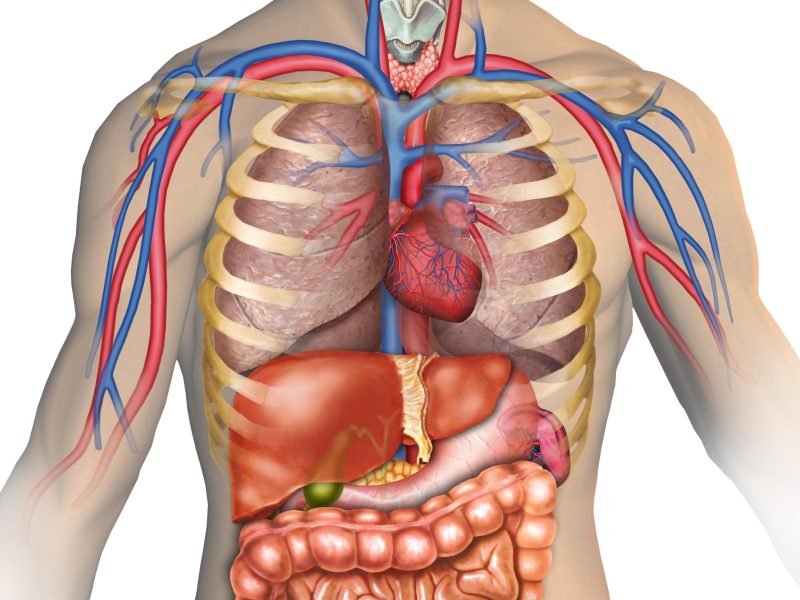Newsletter for 8/13/22
by Gideon Lazar
Since in my last two emails I have consistently emphasized the this-worldness of the importance of creation, it should be no surprise that I now wish to turn to the social implications of creation. One of the major implications of taking Christianity only to the world of thoughts and private belief is that it no longer has any social implications. The Church has completely rejected such an approach. A whole body of papal magisterium known as Catholic Social Teaching has arisen to critique the errors of modernity.
In his encyclical Veritatis splendor, Pope St. John Paul II has called for the renewal of moral theology through a renewed emphasis on scripture and on natural law. The two of these come together in creation theology. Creation theology is about understanding the created world through God’s creative work as explained in Genesis. While natural law can be known through reason alone, St. Thomas says that because of the fallibility of human reason, God provides a divine law to clarify the contents of the natural law. If Darwinism were true, then the natural law implied by it, if there would be a natural law at all, would be, at best liberalism, and at worst Social Darwinism and Nazism. Indeed, the Darwinian state of nature sounds very similar to Thomas Hobbes’s state of nature, where nature is simply an eternal war of man against man. Darwinism just takes this to a cosmic level, applying this eternal violence to even the smallest organisms.
One may object that there is friendship to a degree in nature even within Darwinism. Creatures can’t survive on their own, so they work with other creatures for mutual benefit. However, here there still remains two clear issues. Firstly, this still posits war as natural. Only some humans work together, and it is usually only to gang up on other humans. This is the political theory of the infamous Nazi Carl Schmitt. For Schmitt, the purpose of politics is the protection of friends and the destruction of enemies. Thus, violence is a necessary and natural part of politics for Schmitt, contrary to the Catholic view.
In addition, the other issue with comparing Darwinian mutualism with a natural peace is that such mutualism only occurs for the sake of private gain. Each creature survives better by working to help each other. While there is work together, the good achieved by it is private, namely survival for each. For a good to be common it must be a singular good participated in by multiple creatures. Take for example a business deal versus a sports team. An artisan might give his goods to a merchant to sell, and then they each take part of the profits. Here they do a common action, but each receive a private good of some profit. However, a sports team competes for the common good of the victory. The victory is not divided and given to each player, but is commonly shared in. The coach as the authority guides the players towards this common end. Darwinism cannot account for common good because each organism works only for its own survival.
However, Genesis provides a picture of a radically different social order. Rather than the natural state of violence pictured in Darwinism, we exist naturally in a state of peace. It is only because of sin that Cain kills Abel. Naturally the brothers were meant to live in harmony. There was not a natural scarcity, as in liberalism, but a natural abundance in the garden providing for the common good. Rather than participating in the common good of their brotherhood, Cain seeks his own advancement. This Darwinian natural law is crushed in the face in the revelation of Genesis. If we want a truly Catholic pro-life movement, we must assert that violence and death are unnatural. This is illustrated wonderfully in John Paul’s Evangelium vitae, which is in part a commentary on the killing of Abel.
The present Holy Father has built upon this by noticing how Abel’s blood cries out to the ground for vengeance, and this destroys Cain’s agricultural production. In Laudato si’, he points out that, according to Genesis, our sin destroys our relationships with God, our neighbor, and creation. Indeed, chapter 2 of Laudato si’ is one of the greatest explanations of the theology of creation in a papal encyclical. Under a materialist or Darwinian framework though, Pope Francis’s call to care for the creation in a specifically Christian mode breaks down. If sin breaks down the creation, then death even in the creation must be a result of sin. There could not be the billions of years of animal death required for Darwinism. If we embrace Darwinism, we are left with either a pagan environmentalist movement, destroying the hierarchy of being, or relentless capitalist exploitation of the environment.
Understanding natural law through the lens of Genesis is not something recent Popes invented either. Our Lord, when dealing with the social issue of marriage in his own day, reminds his listeners how it was “in the beginning.” Christ calls on us to go back to creation to understand natural law. It is for this reason that Leo XIII says that the creation of man on the sixth day and the women being taken from his side as the creation of marriage “cannot be doubted.” Every social issue in some way or another goes back to the roots of the social and cosmic order that we find in Genesis.


